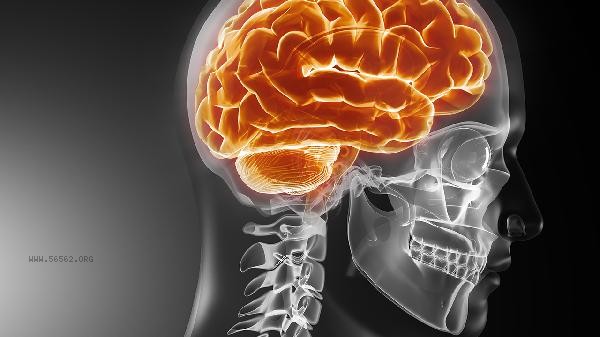The brain's tendency to lose focus can be improved through adjusting the environment, training concentration, regular sleep patterns, psychological interventions, moderate exercise, and other methods. Mind wandering is usually caused by factors such as distraction, lack of sleep, excessive stress, nutritional imbalance, and potential psychological problems.

1. Adjusting the environment
Reducing external interference is a fundamental measure to improve distraction. Choose a quiet environment for work and study, turn off phone notifications, and use noise cancelling headphones to isolate noise. Clean up desktop clutter and keep only necessary items, reducing visual interference and making it easier to concentrate. A well lit environment can reduce fatigue, and natural or warm light is more conducive to maintaining focus than cool white light.
2. Training Concentration
Mindfulness meditation can effectively improve attention span. Perform 10 minutes of breathing training every day, observing the flow of breath without judging distractions. The tomato work method helps the brain form a focused rhythm through a cycle of 25 minutes of focus and 5 minutes of rest. Proactively taking notes while reading and forcing thinking to follow the content can rebuild attention muscles.
3. Regular sleep schedule
Sleep quality directly affects daytime concentration level. Ensure 7-8 hours of continuous sleep, with fixed bedtime and wake-up times. Taking a 20 minute nap at noon can restore cognitive function, but exceeding 30 minutes may lead to deep sleep and drowsiness after waking up. Avoiding blue light stimulation before bedtime and establishing relaxation programs such as hot baths or light music can help improve sleep repair effects.

4. Psychological intervention
Continuous distraction may reflect underlying anxiety or depression tendencies. Cognitive behavioral therapy can identify automatically generated negative thoughts and replace disastrous imagination with reality testing. Emotional diary records the inner activities during distraction, helping to identify specific triggering factors. If accompanied by symptoms such as low mood and decreased interest, it is recommended to seek professional psychological assessment.
5. Moderate exercise
Aerobic exercise promotes the secretion of neurotrophic factors in the brain. Walking or swimming for 30 minutes three times a week can be effective. Yoga and other coordinated exercises can enhance the function of the prefrontal cortex, which is responsible for attention regulation. Engaging in mental work within two hours after exercise, utilizing the oxygen and nutrient supply brought by accelerated blood flow, can significantly improve cognitive clarity. Improving distraction requires multidimensional and continuous intervention. In terms of diet, increasing the intake of deep-sea fish, walnuts, and other foods rich in omega-3 fatty acids can help maintain the health of nerve cell membranes. supplementing with B vitamins, especially B12, can lead to fatigue and decreased attention when lacking. Establish a rhythm of alternating work and rest, get up and move for 5 minutes every hour, and relax your eye muscles by looking far away. When long-term distraction affects daily life, it is necessary to exclude pathological factors such as attention deficit hyperactivity disorder and seek medical evaluation in a timely manner.









Comments (0)
Leave a Comment
No comments yet
Be the first to share your thoughts!